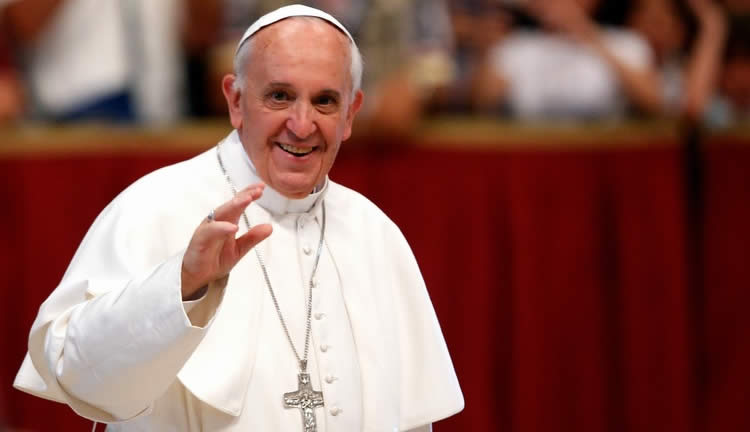
The Sunday Mail

Stories by Fatima Bulla Religious Affairs Editor
An increasing number of Catholics in Zimbabwe have been applying for divorces after The Vatican reformed the marriage annulment process to make it easier for members to end unions. Pope Francis announced the new order on September 8, 2015 following a meeting of the Synod of Bishops on family in 2014.
The new arrangement takes effect on December 8, 2015. Catholics who wish to remarry will have their second marriages recognised by the church, and will be allowed to participate fully in the church.
Zimbabwe Catholics Bishop Conference (ZCBC), general secretary Father Fradereck Chiromba said reforms to the annulment process had raised interest among local believers in difficult marital situations.
“In the past we would have on average less than ten per year seeking to have their marriages annulled through the marriage tribunal. But since the announcement by the Pope this has raised interest with people in difficultmarital circumstances.the average has doubled and will still surely go up before the end of the month
“I cannot give you the exact number as this is a matter of privacy but we have registered that increase,” Fr Chiromba said. An annulment is a ruling that a particular marriage was null from the beginning that is something was gravely wrong at the time the wedding vows were made and it prevented a valid marriage from coming into existence.
This is done through the marriage tribunal whose responsibility is to assist people who request the church to study a marriage in order to determine whether or not there is any possibility of an annulment. Under the guidelines, a couple seeking an annulment will no longer require a second confirming decision for their marriage to be nullified after it has already been decided by the marriage church tribunal.
Fr Chiromba said more and more couples are having their marriages negatively affected by partners’ migration to the diaspora. He said fidelity becomes an issue and can eventually become a reason for approaching the marriage tribunal seeking annulments.
“Some are seeking annulment because their partners have for long been in the diaspora while others have discovered that their spouses have been persisting in an extramarital affair at the time of the wedding or at a time immediately following, as well as those who divorced very quickly after being married.
“If the church court can prove that the erring partner never intended to uphold marriage as the church understands it, that the marriage can be declared null and void. Others may have married out of force or fear. This too can constitute a valid reason for annulment if it can be proved that one of the partners was not free at the time of taking vows,” Fr Chiromba said.
The shorter process can also be used in cases of malicious concealment of infertility, a serious contagious disease, lack of faith resulting in the simulation of consent to be married or an error that determines the will regarding one of the requirements of marriage.
According to the website Catholic.com, among the major changes introduced by Pope Francis is that only a single judgment of nullity is required as opposed to when one tribunal’s decision to nullify the marriage would automatically be appealed to a court of second instance. Only if the second tribunal agreed was an annulment granted.
While the bishop has always been the principal judge the section on annulments did not establish that the bishop himself was a judge in marriage cases. The new law now gives such responsibility to the bishop.
“Up to now there have been two processes for handling annulments, the formal process (which has been the lengthier one involving gathering and weighing testimony) and the documentary process (which deals with situations where a marriage can be proved invalid simply by presenting certain documents such as showing that a Catholic got married outside the church without required permission).
“Now there is a middle process involving the bishop. If the evidences for nullity are especially clear, they can be presented to the bishop in a process intended to take less time than a formal process case.” Appeals can also be made against the judgment.



